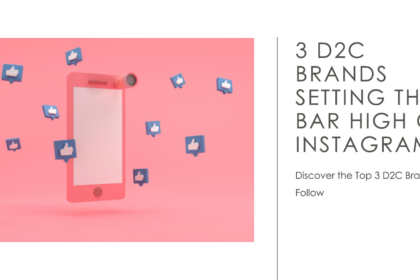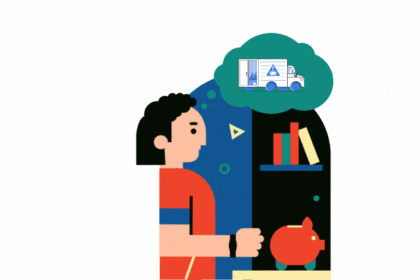
In today’s market, customers are spoilt
for choice. When it comes to a brand, a customer can come with two
things. They can either come with abundant loyalty or they can come
with an aggressive dilemma about a brand’s integrity and quality. To
be in, the customer wants to be assured that their purchase is
assured without any obligations.
Apart from eccentric advertising
campaigns, and rapid follow-ups, businesses, world over, are
implementing another strategy in their arsenal – called the money
back guarantee. This philosophy, though companies wish and pray that
it only stands glamours in theory rather than on practical grounds,
companies have to nonetheless bend down, empathise and repay the
money, should the customer find a fault in the product or is not
satisfied about the offering.
Regret is best avoided. Customers don’t
want to live with that. People buy a product or service in order to
fulfil a unique requirement, and if that requirement is not not taken
care of with their purchase, they will end up with regret. A
customer’s regret is dangerous for a brand.
Money back guarantee is no longer
considered an option, but seen as a mandatory implementation by
companies.
Some of the factors why money-back
guarantee is seen as a profitable model by major companies:
No-obligation Emotional Bond:
The fact that the customer is given the privilege to exchange or
return the product to the company for a full refund gives them the
courage to go for the product without second thoughts. Customers
often cross-check and analyse the pros and cons of an expensive deal,
before they take the leap. And when they jump in, they want the best.
In the contingency of encountering any shortcomings with the product,
the customer is given the free will and liberty to return. This will
increase the loyalty of the customer toward the brand, even if the
customer is not satisfied with the product, he or she will have the
value of the trust undeterred about the brand. Automobile companies,
digital retailers, and hospitality chains are offering deals such as
‘don’t like it, just say it and we will give your money back.’ This
no-obligation arrangement makes the customer connected to the brand
emotionally.
Enriched Offering:
A money-back
scheme pushes the companies to create and deliver better products and
services. Except a tiny little, negligible percentage, customers
don’t tend to take advantage of money-back schemes. Because these
policies consume time for execution. At the same time, companies
don’t want to be giving away money unnecessarily. The fear that they
have to return the money to the customer if the customer finds a
defect or is unsatisfactory, makes the companies to strive harder and
deliver an enriched offering.
Higher
Pricing:
Money-back schemes pave way for companies to
price their products on a higher premium range. This way, the
companies can be sure that they are not compromising on quality and
the customer understands that a product is premium because of its
pricing and positioning and subliminally creates a mental
satisfaction, reducing the chances of primordial returns for the lack
of satisfaction.
Money-back guarantee is a positive
model for both the consumer and the brand. The customer is lifted off
of the obligation on one side, and on the other – the company is
constantly under a tacit obligation to create and deliver better
offerings.
Image:Internet





